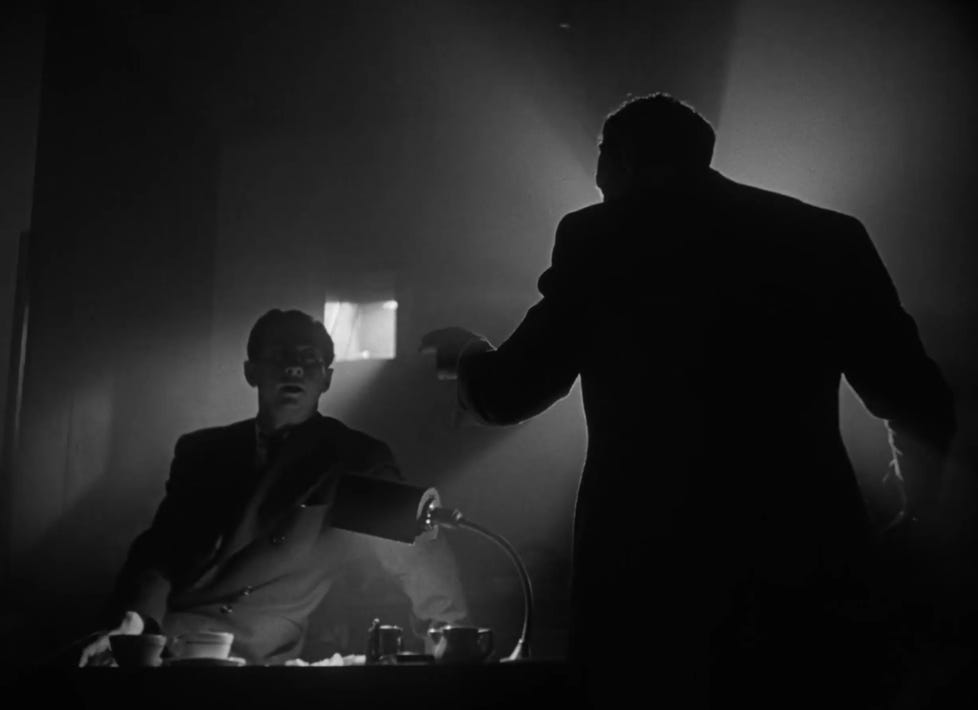In praise of ignorance
Storytelling legend Orson Welles said that it’s only when you know something about a profession that you’re timid or careful.
The more you know about zoning, the more careful you’ll become about zoning reform. The more you know about intersection design, the more timid you’ll become about innovative intersection design. It’s human nature to mentally codify something as you become more familiar with it. “This is how it’s done, because this is how it’s always been done.” But there are times when the best way you can up your urbanism game is to embrace sheer ignorance.
Applied ignorance is a significant part of my career, so I’m always happy to hear about others who have experienced some form of success by similar means. I’m a sucker for behind-the-scenes stories about my favorite movies, screenwriters, and directors.
Legendary film critic Roger Ebert used to say Citizen Kane was the greatest film of all time and there could be no competitor. Hundreds of polls and articles have been published over the years sharing Ebert’s opinion. “Innovation” is the short answer to why Citizen Kane is so revered. The storytelling techniques, emotional soundtrack, and morally complex characters transformed the way future writers and directors approached filmmaking.
This was director Orson Welles’ debut film, and he was only 24 years old when he was crafting the masterpiece. 20 years later, he sat for an interview with the BBC Monitor. Here’s one of many insightful segments.
OW: I didn’t want money. I wanted authority. And after a year of negotiations, I got it. My love for films began only when we started work.
BBC: What I’d like to know is where did you get the confidence to—
OW: Ignorance. Sheer ignorance. You know, there’s no confidence to equal it. It’s only when you know something about a profession, I think, that you’re timid or careful.
BBC: How does ignorance show itself?
OW: I thought you could do anything with a camera that the eye could do, or the imagination could do. And if you come up from the bottom in the film business, you’re taught all the things that the cameraman doesn’t want to attempt for fear he will be criticized for having failed. In this case I had a cameraman who didn’t care if he was criticized if he failed, and I didn’t know that there were things you couldn’t do. So anything I could think up in my dreams I attempted to photograph.
BBC: You got away with enormous technical advancements, didn’t you.
OW: Simply by not knowing that they were impossible. Or theoretically impossible.
I’m no Orson Welles, but I’m great at asking dumb questions about topics that I have no expertise in. And similar to Welles, colleagues have attributed confidence to something that’s just ignorance. Asking big Why and What If questions is so unusual in professional planning and engineering, because these are industries with established processes and structure.
Car lane width
Bike lane width
Sidewalk width
Signal timing
Roundabout diameter
Street light type and spacing
Design speed vs. operating speed
Residential lot size
Commercial lot size
Building setbacks
Overlay districts
Noise ordinance
Practice some applied ignorance in your urbanism projects or advocacy. Humbly ask questions knowing you don’t know what you don’t know. The worst thing that happens is you learn something new about a topic. The best thing that happens is you spark a conversation that leads to a policy or infrastructure improvement.


